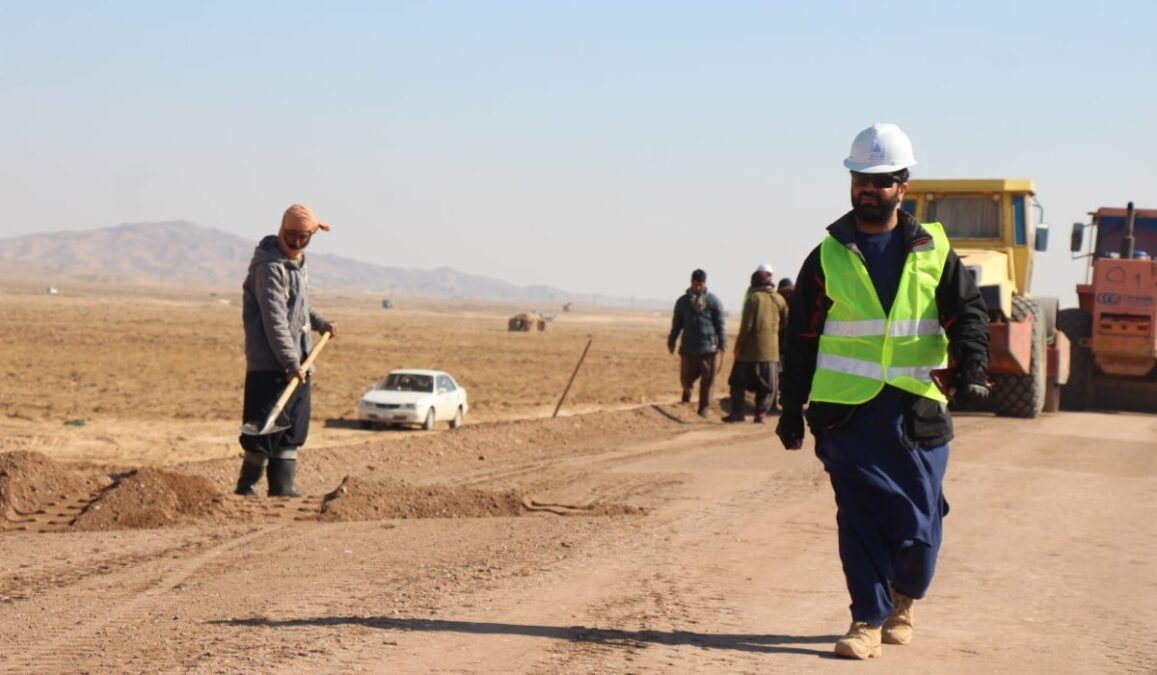A damning UK government watchdog report, released Thursday, has found that £252 million of taxpayers’ money was given to “corrupt” police in Afghanistan, who were engaged in “extortion, torture and extra-judicial killings”.
The report by the Independent Commission for Aid Impact (ICAI) examined the relevance, coherence and effectiveness of the UK’s aid investment in Afghanistan between 2014 and August 2021 and found while UK aid provided valuable support to people in Afghanistan, “it failed to achieve its core goal of promoting stability through building a viable Afghan state”.
According to the report, “there were flaws in the state-building approach that contributed to its eventual failure. These flaws were common to the international mission in Afghanistan, in which the US was the dominant influence.” Despite misgivings about the US approach, the UK chose to prioritize the US-UK alliance, rather than chart a different course.
The watchdog stated that the US decided at an early stage to exclude the Taliban from the political process and this led to a long-running insurgency that intensified over the review period, which ultimately meant the focus was more on counter-insurgency than state building.
The huge scale of UK and international aid support for the Afghan state distorted the development of Afghan institutions and the high volume of support also created intense competition among Afghan political elites to secure access to international resources, contributing to corruption and political fragmentation, the watchdog stated.
ICAI stated that the UK aid did however improve health, increase school enrolment, provide humanitarian support to the most vulnerable, and it led the way in clearing landmines and other unexploded munitions,
But in a bid to improve security, the UK spent £252 million over six years on the salaries of local police and prison officers.
The report states that while the Afghan National Police acted primarily as a paramilitary force, operating armed checkpoints across the country in an attempt to control the Taliban insurgency, there were numerous reports from human rights organisations of police corruption and brutality, including extortion, arbitrary detention, torture and extrajudicial killings.
The police also suffered heavy casualty tolls which led to low morale, desertions, theft of arms and ghost officers on the payroll. The police force also failed to “develop a substantial civilian policing role, making it a questionable use of the aid budget”.
“We found evidence of a number of attempts at senior levels to terminate the support, which were overruled at the highest levels of the UK government,” the report stated.
Overall, the watchdog said the successful delivery of the aid project earned an Amber/Red award – which means the effectiveness of the project was in doubt and that major risks or issues were apparent in a number of key areas.
“We award an amber-red score for the relevance of UK aid to Afghanistan, as its core objective of building a viable state was pursued through a flawed approach that was poorly matched to Afghan realities,” the watchdog found.





